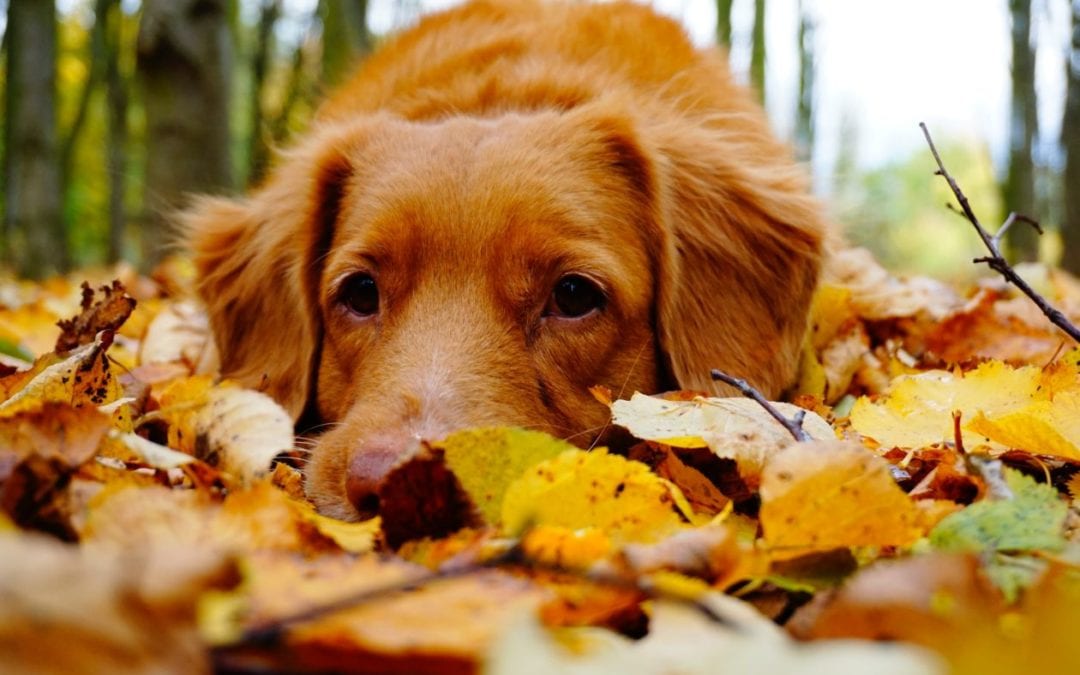It’s starting to feel like fall here in southern Ontario. With that, we’d like to share with you some fall safety tips for your pet.
Keep school supplies out of paws’ reach
The school year is underway, and those of you with young children know that means glue sticks, pencils, and magic markers. Although these items are considered low toxicity to pets, gastrointestinal upset and blockages can occur if ingested. Be sure your children keep their school supplies out of your pet’s reach.
Be cautious of rodenticides and cold weather poisons
The use of rat and mouse poisons increase in the fall as rodents seek shelter from the cooler temperatures by attempting to move indoors. Rodenticides are highly toxic to pets and, if ingested, the results could be fatal. If you must use these products, please do so with extreme caution and put them in places inaccessible to your pets.
Many people choose fall as the time to change their car’s engine coolant. Ethylene glycol-based coolants are highly toxic, so spills should be cleaned up immediately. Consider switching to propylene glycol-based coolants—though they aren’t completely nontoxic, they are much less toxic than other engine coolants.
Steer clear of mushrooms
Fall and spring are mushroom seasons. While 99% of mushrooms have little or no toxicity, the 1% that are highly toxic can cause life-threatening problems in pets. Since most toxic mushrooms are difficult to distinguish from nontoxic ones, the best way to prevent pets from ingesting these poisonous plants is to keep them away from areas where any mushrooms are growing. Contact us or the ASPCA Animal Poison Control Center at 1-888-426-4435 (fees may apply) immediately if you witness your pet eating a wild mushroom.
Watch out for wildlife
Autumn is the season when snakes are preparing for hibernation, increasing the possibility of bites to those unlucky pets who find themselves in the wrong place at the wrong time. Pet parents should know what kinds of venomous snakes may be lurking in their environment—and where those snakes are most likely to be found—so pets can be kept out of those areas.
If you have any questions or concerns about keeping your pet safe and sound this fall, please contact us.

